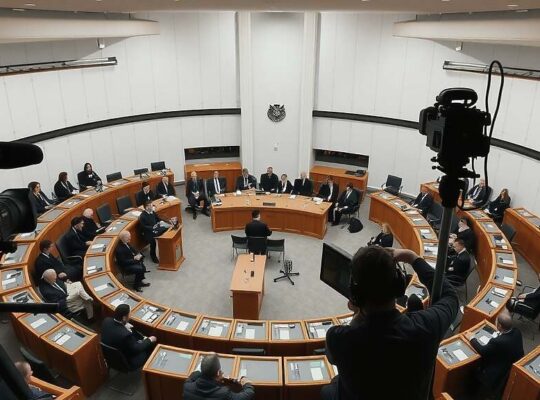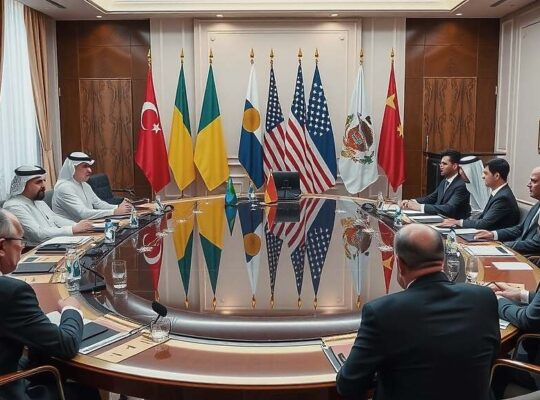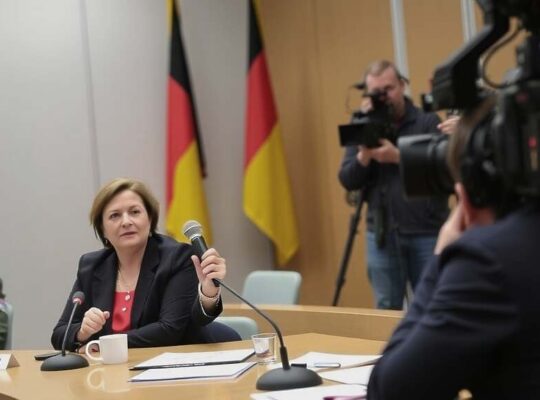The German Bundestag on Thursday moved to curtail the parliamentary protections afforded to two members of the far-right Alternative for Germany (AfD) party, signaling a tightening of scrutiny over the increasingly controversial political force. Without formal debate, lawmakers overwhelmingly approved a committee recommendation to lift the immunity of MP Jörg Meuthen, a decision facilitated by the unified opposition of CDU/CSU, SPD, the Green Party and the Left party. A single AfD representative voted against the motion, while the remainder of the AfD caucus abstained.
This action grants the Bundestag administration the authority to initiate disciplinary proceedings against Meuthen, the specifics of which remain undisclosed. The move follows a similar decision earlier in the day regarding AfD MP Raimond Scheirich, which was accompanied by parliamentary searches, details of which have similarly been sealed from public access.
The back-to-back erosion of parliamentary immunity for AfD representatives raises significant questions about the scope and limits of protective measures afforded to elected officials, particularly those facing allegations of misconduct or potential breaches of parliamentary decorum. While proponents argue the measures are necessary to ensure accountability and uphold the integrity of the Bundestag, critics – primarily within the AfD itself – decry the actions as a politically motivated witch hunt designed to silence dissenting voices and marginalize a rapidly growing opposition movement.
Observers note that the rapid succession of these immunity revocations, coupled with the opaque circumstances surrounding the searches affecting Scheirich, amplifies concerns about a potential escalation in the political climate. The actions are likely to further polarize German politics and could embolden the AfD to frame themselves as victims of a biased system, potentially bolstering their support amongst disillusioned voters. Further transparency surrounding the underlying reasons for these decisions is increasingly demanded by both political rivals and concerned citizens alike.












